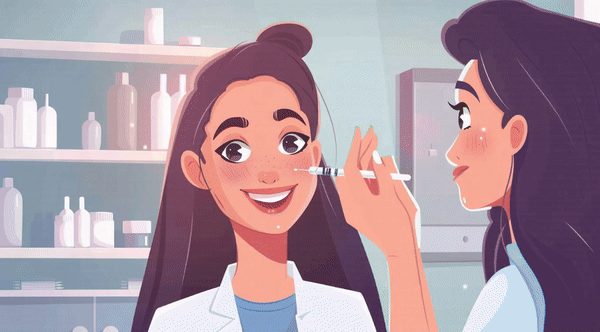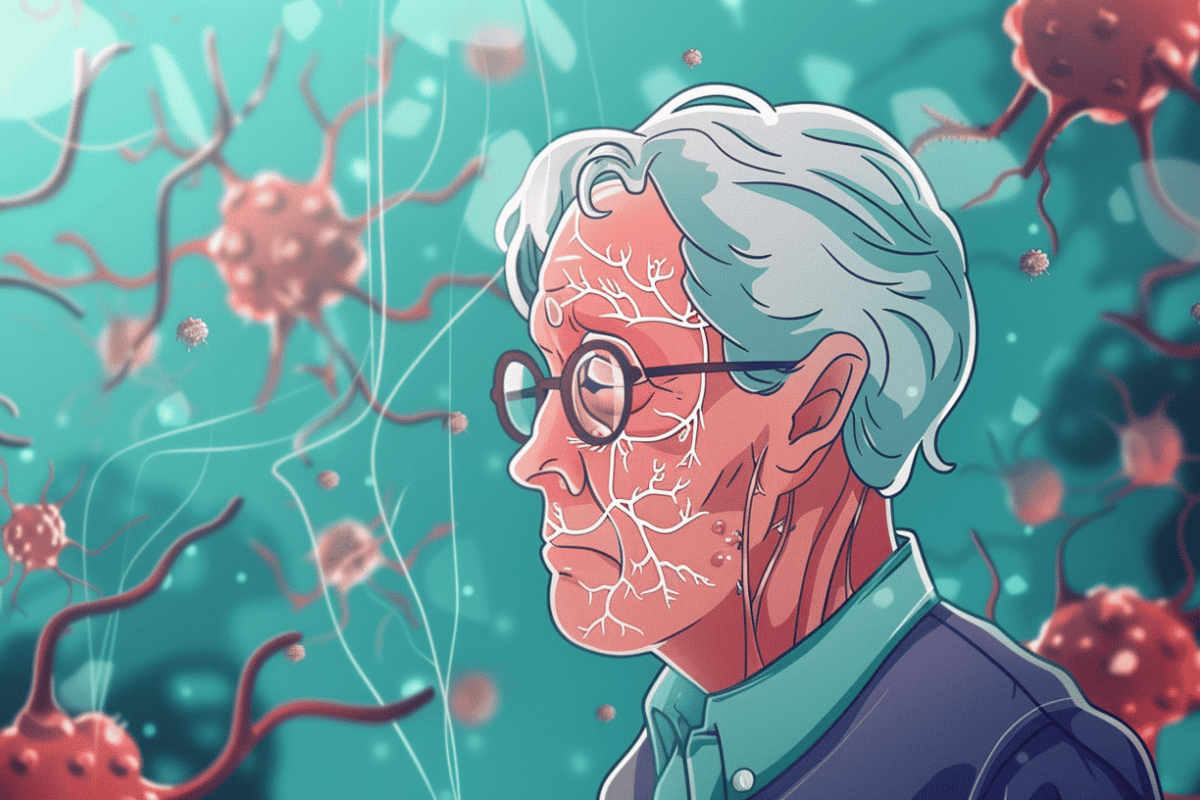Eye health is essential to overall well-being, yet it often takes a backseat in our routine health check-ups until something goes wrong. Our eyes are complex structures, susceptible to various conditions impairing vision and impacting daily life. In this article, we shed light on eight common eye conditions that an optometrist—a healthcare professional specializing in eye care—can help diagnose and manage. By staying informed about these conditions, you can be proactive about your eye health and ensure that minor symptoms don’t escalate into major issues. Armed with this knowledge, you can make the most of your visits to your optometrist and actively participate in preserving and enhancing your vision.
1. Refractive Errors
Refractive errors refer to conditions like nearsightedness, farsightedness, and astigmatism. Know that these conditions may occur if the shape of your eye prevents visible light from focusing correctly on the retina. They often result in blurry vision or difficulty seeing.
Remember that these conditions are the most common issues people experience with their eyes. To correct them, you can consult an optometrist from reputable clinics like EyeQ Optometrists to prescribe the proper eyeglasses or contact lenses.
2. Eye Infections
Viruses, bacteria, fungi, or parasites can cause eye infections such as styes. If you have any of those, you may experience the following symptoms: redness, swelling, discharge, or itching in or around the eye.
Optometrists can diagnose and prescribe medication for eye infections, so don’t hesitate to seek professional help once you feel or see any of the symptoms mentioned.
3. Dry Eye Syndrome
Dry eye syndrome happens when your eyes don’t produce enough tears, which can be annoying and discomforting. The risk factors for this condition include age, certain medications, medical conditions, or environmental factors.
Often, over-the-counter eye drops may relieve the discomfort caused by dry eyes. However, you should consult an optometrist—especially if the dryness is persistent—for the proper prescription, as eye drops aren’t the only solution for dry eye problems. With the proper medication, you may experience relief from dryness, itching, or burning.
4. Eye Allergies
Even if you care for your eyes, eye allergies can still occur. And they can still happen when your eyes react to allergens like pollen, pet dander, or dust mites. The most common allergy is allergic conjunctivitis. Thankfully, this condition doesn’t spread to other people.
Eye allergy symptoms include redness, itching, tearing, or swelling of the eyes. Typically, if you have this condition, you may also experience nasal allergies, so you can expect that you may tend to have sneezing fits and a stuffy and itchy nose.
5. Glaucoma
Glaucoma is often caused by high fluid pressure in the human eye. There are different types of it, and each one can damage your optic nerve, which can lead to vision loss or blindness. It’s a severe condition that you should immediately get checked for. Often, optometrists can diagnose the type of glaucoma through comprehensive eye exams and help you monitor and manage it.
The risk of having glaucoma depends on your age, family history, eye pressure, and other associated medical conditions. If one of your close family members or relatives has it, schedule regular eye exams with an optometrist to detect it as early as possible.
6. Cataracts
Cataracts cloud the eye’s natural lens and can cause blurred, doubled, or dimmed vision. Sometimes, you may be sensitive to light and have difficulty seeing at night. Most of the time, older people tend to develop cataracts; meanwhile, those with glaucoma have a high risk of having one.
Often, an optometrist may need to suggest surgery on your affected eyes to fix a cataract. Alternatively, they may also prescribe vision aids.
7. Age-Related Macular Degeneration
Age-related macular degeneration (AMD) occurs when the central part of the retina deteriorates and affects your ability to see fine details. Just like with cataracts, macular degeneration is often seen in older adults. Because of that, optometrists can diagnose their patients to see if they have any of the two conditions through a dilated eye exam.
Do note that AMD isn’t a single condition. It has two types: dry and wet. The two progress differently, but both can end in vision loss. So, get your eyes checked if you have a family history of having AMD.
8. Diabetic Retinopathy
When you have diabetes, you can experience diabetic retinopathy, a complication that can cause vision loss. It occurs when too much blood sugar damages the retina’s blood vessels. Take note that the symptoms of this condition may not appear until it has progressed, making regular eye exams crucial for early detection.
Therefore, if you were diagnosed with diabetes, see an optometrist immediately to know if you already have retinopathy.
Conclusion
These are the common eye conditions that an optometrist can help you with. And no thanks to the recent pandemic, most people have been more susceptible to these common eye conditions. Never hesitate to visit and consult one whenever you feel these conditions’ symptoms. Better yet, schedule routine eye exams to detect and treat eye conditions or diseases early on.
Digital Health Buzz!
Digital Health Buzz! aims to be the destination of choice when it comes to what’s happening in the digital health world. We are not about news and views, but informative articles and thoughts to apply in your business.


